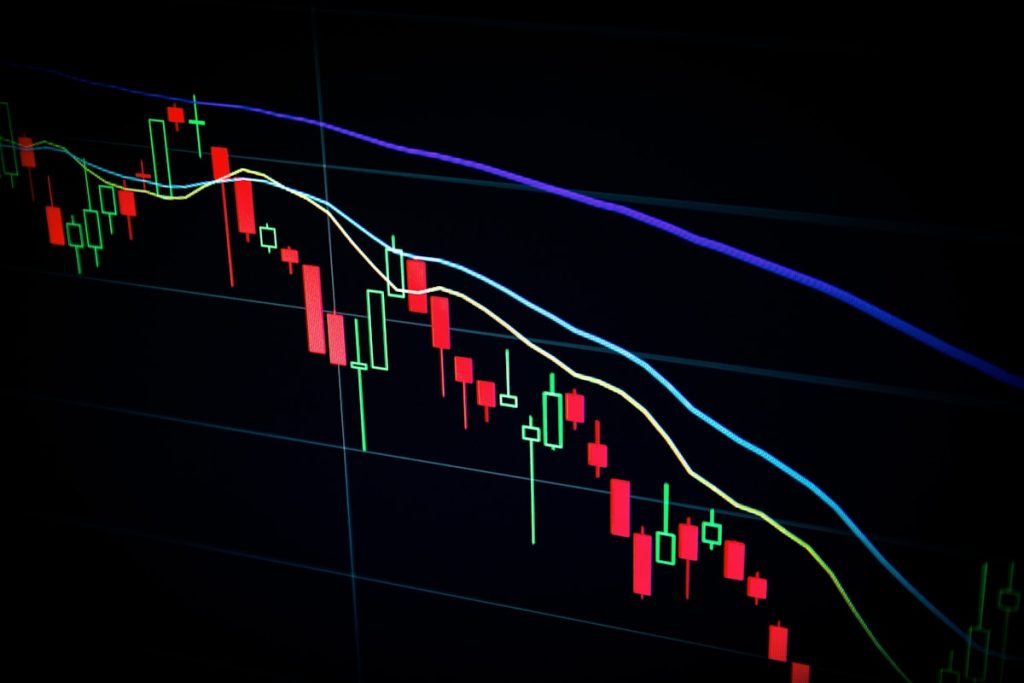Stocks Surge as Markets React to Trump’s Sweeping New Tariffs
Market Rally Defies Tariff Announcement
U.S. equities climbed sharply on Monday, with the S&P 500 and Dow Jones Industrial Average both gaining over 1.5%, as investors shrugged off concerns about former President Donald Trump’s newly implemented tariffs. The tariffs, targeting $300 billion worth of imported goods from China and Europe, were widely anticipated to trigger market volatility. However, major indices rallied as analysts pointed to renewed optimism around domestic manufacturing and energy sectors.
Details of the Tariff Policy
The tariffs, which took effect at midnight on Friday, impose a 10% levy on electronics, steel, and renewable energy components from China and a 15% duty on European automobiles and agricultural products. The policy marks Trump’s most aggressive trade maneuver since leaving office, reigniting debates about global supply chains and protectionism. Critics argue the measures could exacerbate inflation, but supporters claim they will bolster U.S. industries.
Sectors Driving the Rally
Industrial and energy stocks led the gains, with companies like Caterpillar and ExxonMobil jumping 3% and 4%, respectively. Semiconductor firms, including Intel and Texas Instruments, also rose amid expectations of reduced foreign competition. Analysts noted that investors are betting on increased domestic production and potential government subsidies for affected industries.
- Industrials: Up 2.8% on infrastructure spending hopes.
- Energy: Gained 3.1% as oil prices stabilized.
- Tech: Rose 1.9% despite tariff exposure.
Analysts Weigh In
“The market is pricing in a ‘short-term pain, long-term gain’ scenario,” said Jane Harper, chief economist at Foresight Advisors. “Investors believe these tariffs could accelerate reshoring efforts, even if consumer prices spike temporarily.” Others cautioned that the rally might be premature, citing risks of retaliatory measures from trading partners. European officials have already threatened tariffs on U.S. agricultural exports.
Potential Risks Ahead
While the immediate reaction has been positive, uncertainties linger. The Federal Reserve’s ability to manage inflation amid higher import costs remains a key concern. Additionally, small-cap companies reliant on global supply chains faced pressure, with the Russell 2000 lagging behind major indices. Consumer discretionary stocks also dipped as retailers warned of potential price hikes.
Looking Forward
Market participants will monitor upcoming earnings reports and geopolitical developments for clues on the tariffs’ lasting impact. With the November election approaching, trade policy is expected to remain a focal point for investors. For now, however, the resilience of U.S. equities suggests confidence in the economy’s ability to adapt to shifting trade dynamics.



